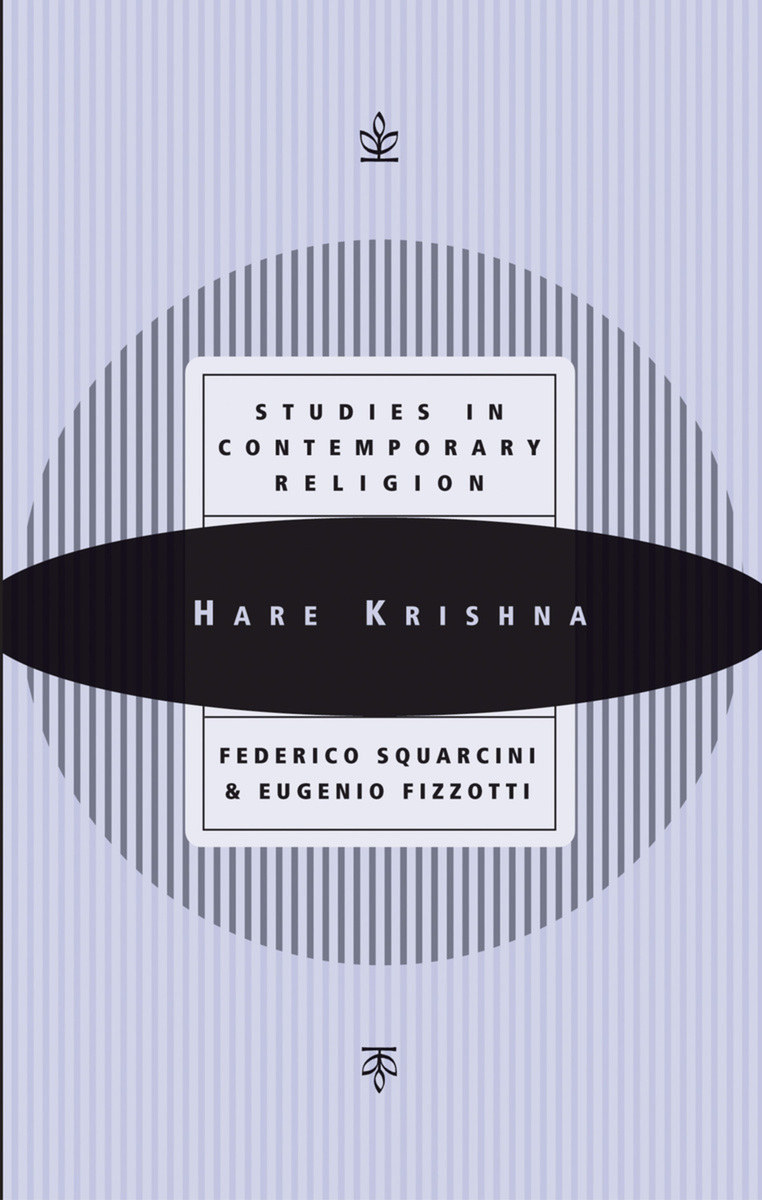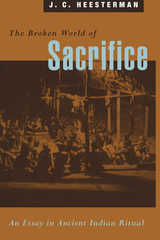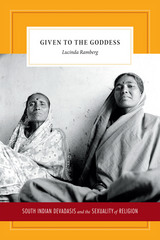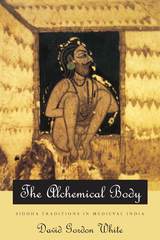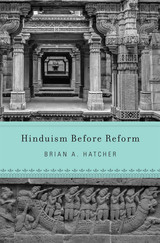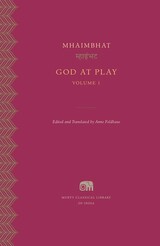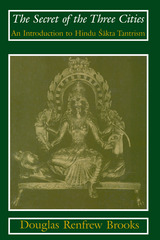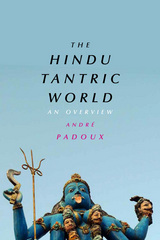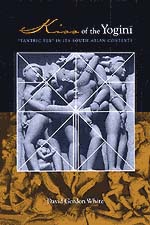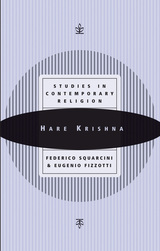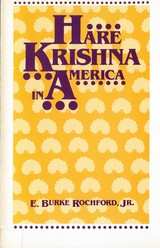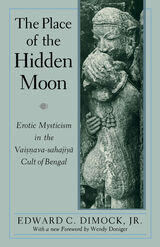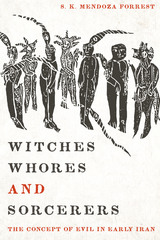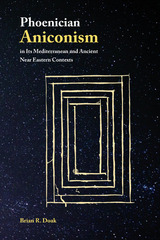Hare Krishna: (Studies in Contemporary Religion)
Signature Books, 2004
eISBN: 978-1-56085-371-8 | Paper: 978-1-56085-168-4
Library of Congress Classification BL1285.835.U6F5913 2004
See other books on: Buddhism | Buddhist | Contemporary Religion | International Society for Krishna Consciousness | Studies
See other titles from Signature Books
eISBN: 978-1-56085-371-8 | Paper: 978-1-56085-168-4
Library of Congress Classification BL1285.835.U6F5913 2004
ABOUT THIS BOOK | AUTHOR BIOGRAPHY
ABOUT THIS BOOK
The founder of the Hare Krishna movement (or International Society for Krishna Consciousness / ISKCON) was the Indian guru, Swami Bhaktivedanta, who during the last years of his life brought a Hindu denomination to the West. He represented the Bengali (Gaudiya) school of Vaisnavism—devotion to Vishnu and Krishna—which he molded somewhat to the times when he arrived in New York in the 1960s. Since then, ISKCON has evolved along more conventional—by Western standards—denominational lines with a largely middle-class, lay membership.
When Bhaktivedanta arrived in America, it was a bold step because historically a guru who ventured outside of India was stripped of his Brahman status. However, the effort bore fruit—not the least of which was the type of intercultural understanding promoted by the current authors through their study of ISKCON’s place within the religion and culture of India.
See other books on: Buddhism | Buddhist | Contemporary Religion | International Society for Krishna Consciousness | Studies
See other titles from Signature Books
